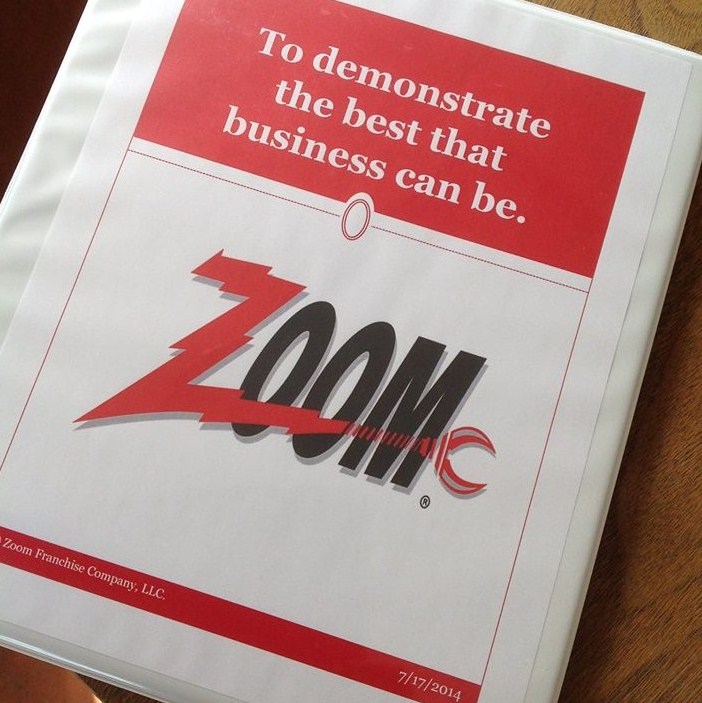I am blogging on behalf of Visa Business and received compensation for my time from Visa for sharing my views in this post, but the views expressed here are solely mine, not Visa’s. Visit http://facebook.com/visasmallbiz to take a look at the reinvented Facebook Page: Well Sourced by Visa Business. The Page serves as a space where small business owners can access educational resources, read success stories from other business owners, engage with peers, and find tips to help businesses run more efficiently. Every month, the Page will introduce a new theme that will focus on a topic important to a small business owner’s success. For additional tips and advice, and information about Visa’s small business solutions, follow @VisaSmallBiz and visit http://visa.com/business.
“If you want to provoke a vigorous debate, start a conversation on organizational culture.”
 Maybe it’s like pornography. We know it when we see it. Or, when it comes to organizational culture, feel it.
Maybe it’s like pornography. We know it when we see it. Or, when it comes to organizational culture, feel it.
Perhaps culture is to an organization what attitude is to an individual.
Attitude: a manner, disposition, mental position or feeling with regard to a fact, state, a person or thing.
Certainly we want employees with good attitudes. Their energy contributes to a rockin’ company culture. But when it comes to pro-actively developing a positive, powerful company culture, or improving our employees’ attitudes, we have it backwards.
We hope that if we pump people up with inspiring posters, back pats and lots of “Go get ‘em’s,” then team members will become happy, problem-solving producers. In fact, the opposite is true. Once they start to produce, their attitudes will improve. As a sum of the parts, your company culture improves. A great culture is the result of individuals’ attitudes. However, you have no access to anyone’s attitude but your own.
So. What to do?
Stop talking about attitude…or culture. Certainly, the right attitude makes a huge difference in life. Work on your own attitude, and quit talking to your employees about their attitudes. Instead, help people improve. Help people reach their goals and dreams. Help them win. Because when they produce, when they reach their goals and make dreams come true, then their attitudes will be just fine.
You can’t affect culture directly. Help your team members become individually successful and contribute to the collective win. And your culture will be just fine. You help them win by creating a sound, reasonable and compelling game. A great game consists of…
- Rules. What are the boundaries?
- Goals and Rewards. What is considered a ‘Win?’ What happens when I win, or we win?
- Freedoms. The joy of the game.
Establish and enforce the Rules.
You notice Billy, one of your long time employees, shuffling into work…late. He sits down at his desk and starts making sales calls. He doesn’t smile as he talks to customers. He grunts his responses into the phone.
You might be tempted to talk to Billy about his attitude. Right? Wrong. His attitude is out of your control. Instead, address behaviors and performance.
- Are his behaviors in violation of company policy? Do you have a policy about what time Billy needs to arrive for work? Do you have a procedure for putting callers on hold?
- Is he hitting the pre-established goal for his position? For instance, a sales person has sales goals. As a production worker or installer, he would have production minimums. Look at Billy’s performance statistics and discover how he is doing. Just the facts, Ma’am.
If Billy is not delivering on both of these points, have two separate meetings to address his behaviors.
- Privately, meet with Billy and point out the policy violations. “Billy, you have been late once before without calling. This second time warrants a written notice. Billy, if there are some personal issues that are affecting your performance, I will help you if I can. But, I won’t tolerate policy violations.”
- Privately, discuss Billy’s work performance at your standing weekly meeting. “Billy, you are $500 below your sales goals for this week. What can you do to get there? It’s my job to help you be successful here. I vow to do everything in my power to help you win. If you are willing, I can help you do better.” Then, give Billy some behaviors that will improve his performance. Offer to sit in on some of Billy’s sales calls and coach him. Have him discuss recent sales that have fallen through, and role play different ways to handle problems and objections. Help him win…and just watch what happens to his attitude.
Determine the Goals and Rewards.
Put your Organization Chart together. Line up the chain of command and put together a simple, half page position description for each box on the chart. The position description is a bulleted list of responsibilities: WHAT the person who holds this position is responsible for doing. Assign a starting pay for every position.
For the revenue producing positions – like Billy – assign Sales goals to the positions. These goals are derived from the company budget and a fair portion of the total Sales goal should be assigned to each revenue producer.
For the production team members, communicate that they are responsible for bringing jobs in on time and done right. Use Job Costing to set the standards.
For each position, your responsibility is to provide the training and support necessary to help every willing team member be successful in their position. This gets even easier when you create a corresponding Operations Manual for each position on the Org Chart.
In exchange for performing to expected, measurable standards…you get $__________ in pay and __________ benefits package. Fill in the blanks. Communicate that unwillingness to do what is expected will ultimately result in the loss of your position.
Craft the steps required to move up the ladder to the next position in the organization. This could include manufacturers’ training classes, trade tech classes, licenses earned, time on the job, formal in-house training, practical tests on technical, sales and communication skills, etc.
Should Billy deliver sales above goal, those sales are gravy. You could give him a bonus on the dollars created in excess of goal. Nice! Have your team help you create ways to reward performance that exceeds sales and profit goals or delivers less than expected expenses.
Leave them free and clear to play!
If you create a great game at your company, people will want to play. We want to find meaning and growth in our workplaces. Let your team in on big decisions. Put them to work on challenging problems and projects. Trust them to serve customers and make great sales. Help them make good on their commitments and provide awesome service.
Ultimately, your goal as a leader is to help make your employees better. Keep your efforts focused on the behaviors, on performance and leave the inside of their heads alone.
Skip the pep talk. Help them win. Their attitudes – and your culture – will be just fine.

















